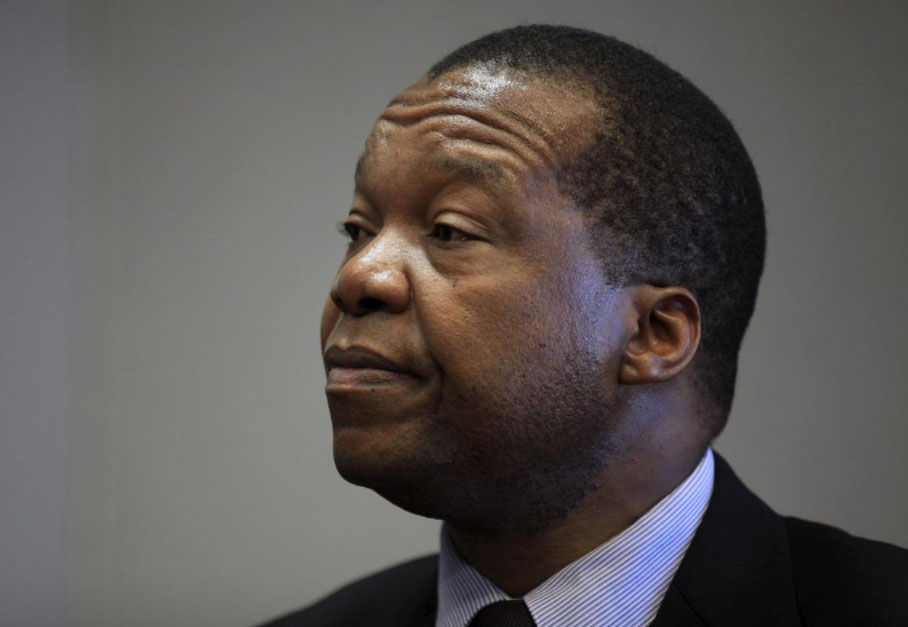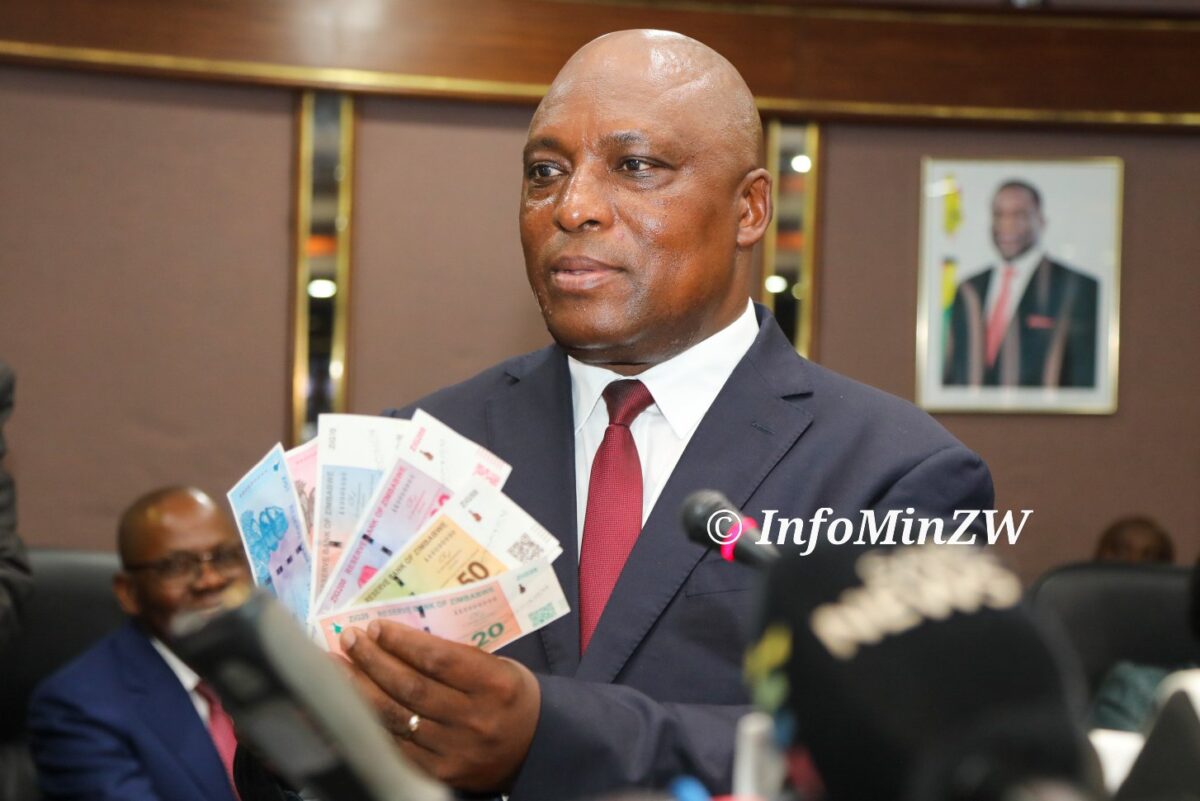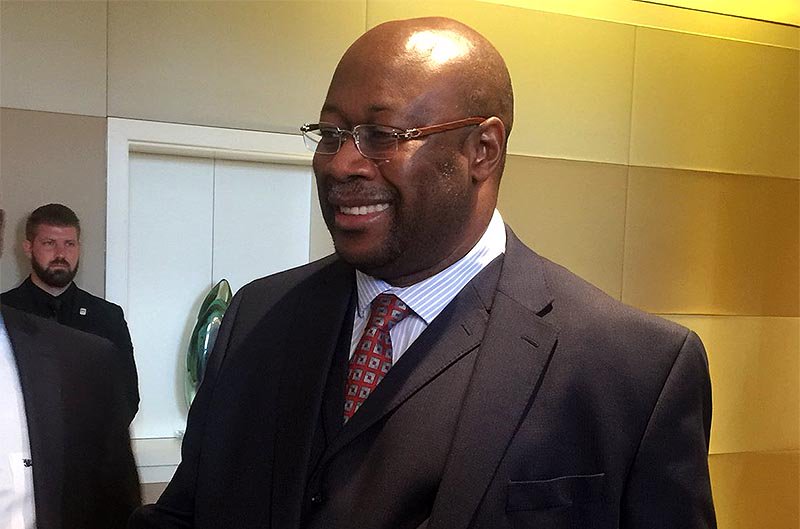HARARE – Zimbabwe’s central bank said on Monday it had raised its overnight lending rate to 50 percent from 15 percent to support the local currency, after the government banned the use of foreign currencies as legal tender.
The overnight rate is the interest rate that large banks use to borrow and lend from one another in the overnight market.
Reserve Bank of Zimbabwe governor John Mangudya also said in a statement that they had put in place letters of credit to secure key imports for goods like fuel and wheat, and that the central bank would take steps to increase the supply of foreign currency on the interbank forex market.
Zimbabwe announced on Monday that it would abandon the use of foreign currencies which replaced the local dollar that was wiped out by hyperinflation ten years ago.
President Emmerson Mnangagwa has promised to introduce a new national currency soon, in the latest attempt to turn around an economy wrecked under his predecessor Robert Mugabe.
Zimbabweans have recently endured another bout of sharply rising prices, with official inflation now at nearly 100 per cent — the highest since the hyperinflation era.
The central bank said that legal tender would only be the new “Zimbabwe dollar”, which would be made up of the two local currencies — bond notes and “RTGS” — that were introduced as US dollar banknotes dried up.
The US dollar, South African rand and other foreign currencies will “no longer be legal tender alongside the Zimbabwe dollar in any transactions,” the bank said in a statement.
“Bond notes and RTGS dollars are at par with the Zimbabwe dollar.”
Bond notes were introduced in 2014, while electronic RTGS (Real Time Gross Settlement) dollars came in earlier this year.
Both were in theory worth the same as US dollars, but trade far below the greenback in value.
Monday’s announcement created widespread confusion and criticism, though Finance Minister Mthuli Ncube described ending the use of foreign currencies as “beginning to restore full monetary policy”.
He told Zimbabweans to exchange their US dollars or rand into RTGS before buying any goods.
But Zimbabweans have little faith in the economic record of the Zanu PF government, which has struggled to attract investment and create jobs since Mnangagwa succeeded the ousted Mugabe in 2017.
(Additional reporting AFP)















